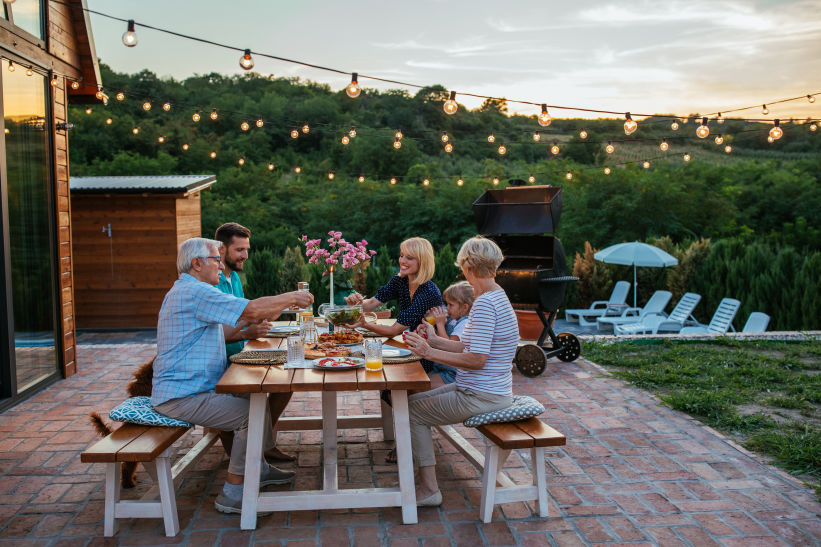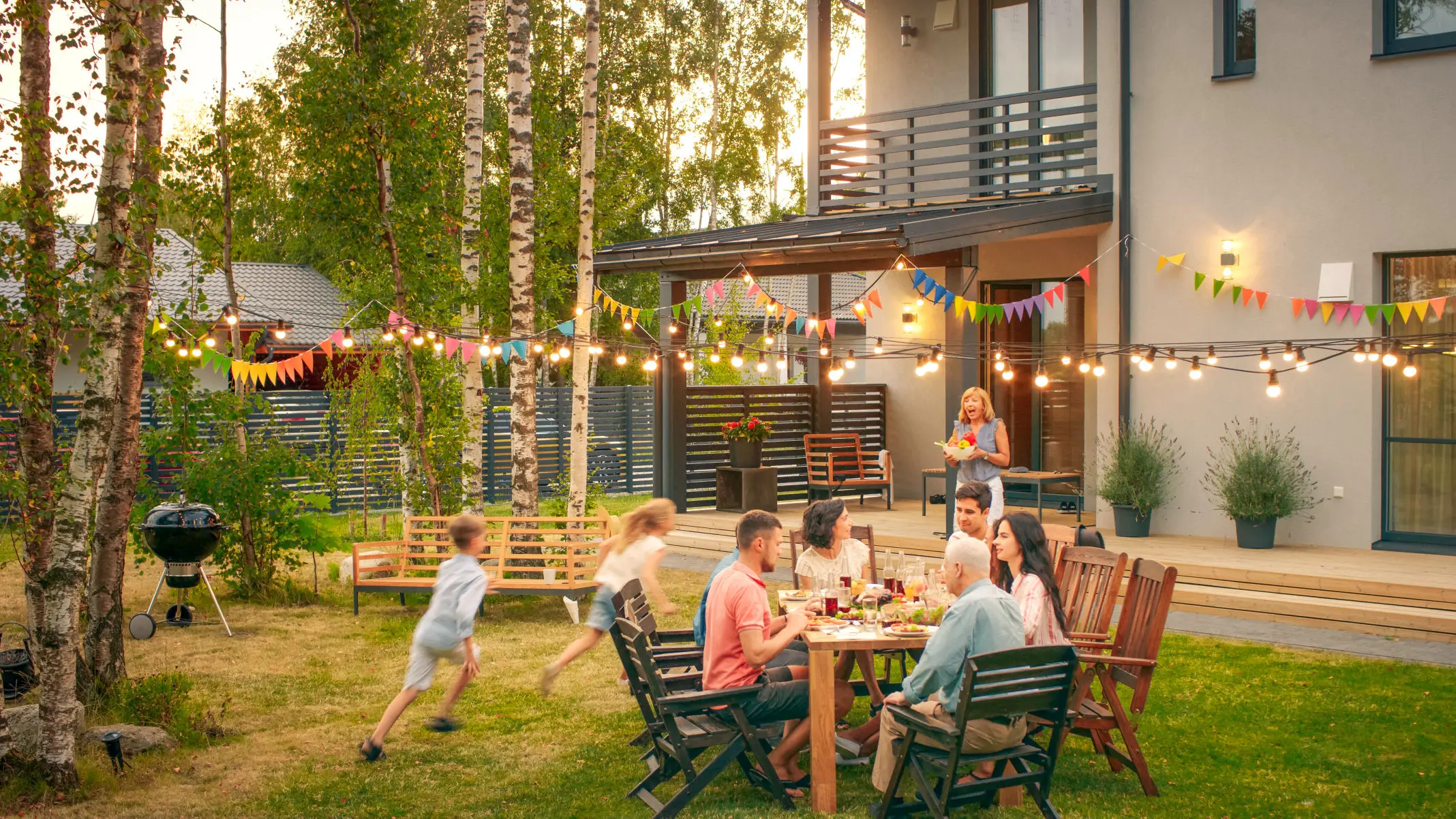


As a physician earning $610,000+ annually in Charlottesville, you'll experience a level of financial freedom rare in larger cities. With a cost of living only 3-19% above the national average, your income provides exceptional purchasing power—often requiring 25-70% more income to match in cities like D.C., Boston, or San Francisco.
Charlottesville offers a rare balance—cultural richness with a cost structure that supports high quality of life. Your income stretches further here than in most U.S. cities.
Housing is Charlottesville's biggest cost category, yet your income enables premium homeownership with minimal strain.
Everyday essentials remain highly affordable, amplifying your financial flexibility.
Charlottesville’s tax structure supports affordable homeownership and net income retention.
Your income supports a lifestyle that includes luxury, savings, and long-term security.
Charlottesville’s financial appeal is clearest when contrasted with major metro markets.
Practicing medicine in Charlottesville combines premium lifestyle with accelerated financial growth. Your $610,000+ income here creates freedom that would require nearly double the earnings in some urban areas—an exceptional opportunity for personal and professional prosperity.
With your $610,000+ annual income, you'll discover that Charlottesville's housing market offers extraordinary value compared to metropolitan areas. Your income provides access to premium properties that would require significantly higher earnings in major cities—creating room for financial flexibility alongside exceptional living.
Charlottesville features distinctive architecture from historical charm to contemporary elegance, offering homes that reflect your lifestyle and aesthetic.
Your income opens access to Charlottesville's most prestigious neighborhoods, each offering unique charm and benefits.
Modern new builds in walkable, amenity-rich communities offer contemporary comfort while preserving regional aesthetics.
Charlottesville real estate is more than a home—it's a smart investment, with appreciation outpacing national trends.
Short, predictable commutes enhance your daily life and support a healthy work-life balance.
Expert realtors with physician relocation experience will streamline your home search and transition.
With a $610,000+ income, premium real estate is easily within reach. Consider these possibilities:
In Charlottesville, your income unlocks distinctive homes with long-term investment value. Whether your style leans toward historic elegance, contemporary design, or countryside tranquility, you'll find premium options that support both lifestyle and financial goals.



As a physician considering Charlottesville, understanding the community's safety profile helps establish realistic expectations. While no urban environment is entirely without risk, Charlottesville's defined neighborhood patterns and manageable size enable more informed decisions and greater transparency.
Charlottesville’s consistent neighborhood profiles make it easier to choose areas aligned with personal safety preferences.
Charlottesville’s public safety infrastructure features responsive, well-staffed agencies and community-based policing models.
Charlottesville provides comprehensive emergency coverage, including trauma-level medical services and coordinated communication systems.
Physicians in Charlottesville benefit from enhanced personal and professional security within a supportive and respectful community.
Charlottesville offers family-focused safety measures that support child development and parental peace of mind.
Charlottesville’s geography provides natural protection from major natural disasters, with proactive planning for environmental risks.
Community engagement enhances Charlottesville's safety through active grassroots participation and collaboration with public safety agencies.
While Charlottesville, like any small city, faces some safety challenges, its scale, services, and community culture provide significant security advantages. For physicians, this environment offers peace of mind and allows greater focus on patient care and enjoying local life with confidence.
